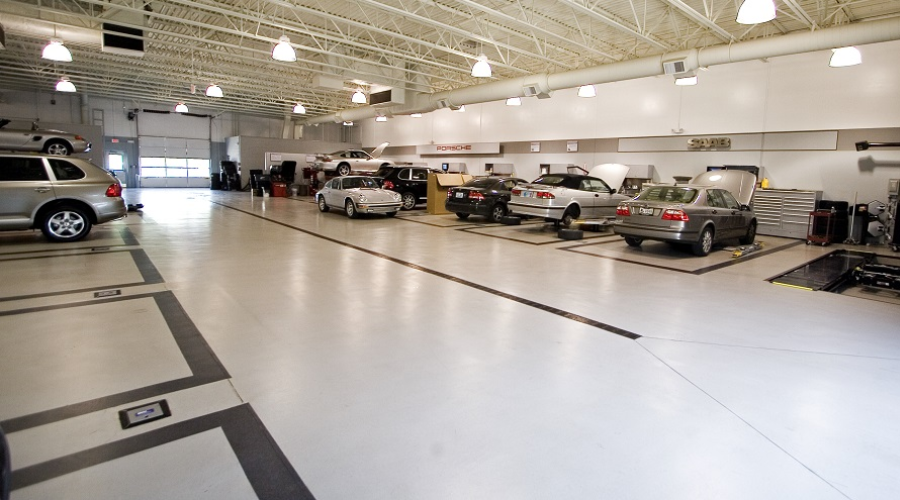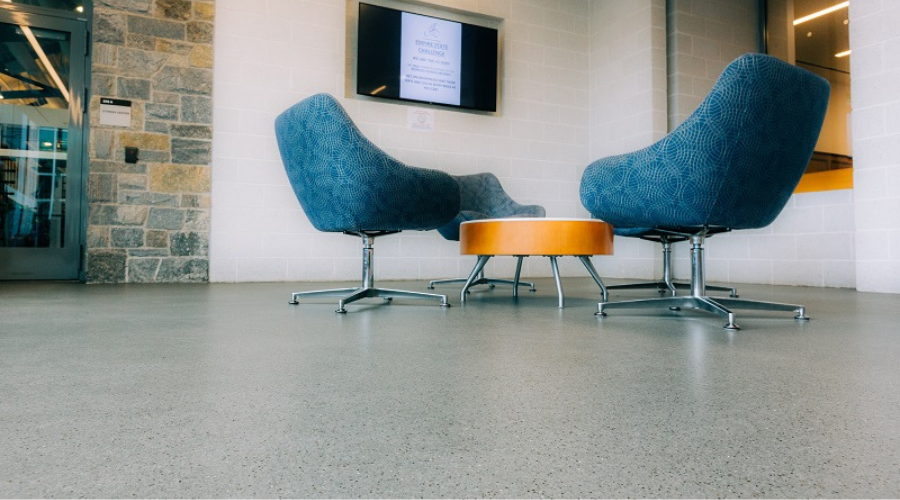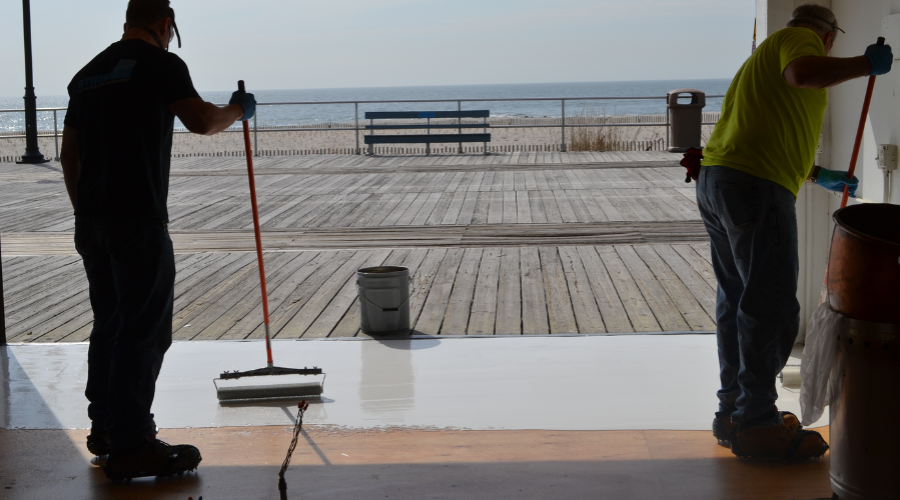Table of Contents:
Table of Contents:
When it comes to flooring options in commercial and industrial settings, durability, aesthetics, and maintenance are crucial factors. Terrazzo tile floors have long been a popular choice for their timeless appearance and resilience. However, seamless flooring has many advantages over terrazzo, making it a better choice in most applications.
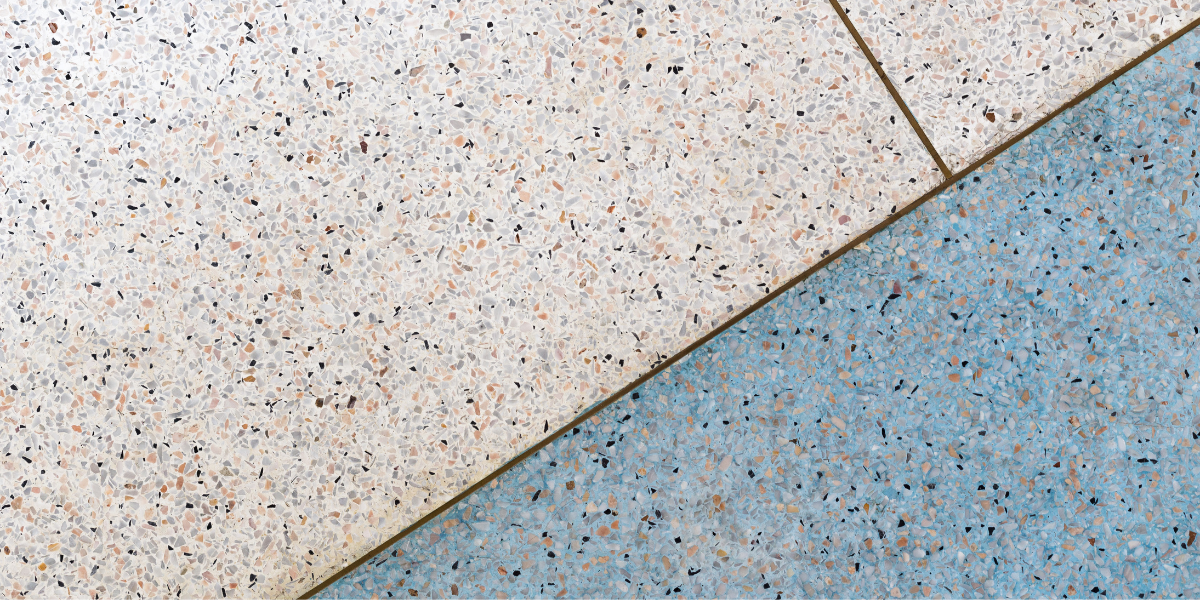
Traditional Terrazzo Tile Flooring
Terrazzo floors date back to 16th Century Italy[1] and are renowned for their elegant appearance and durability. They typically consist of marble or granite chips set in a cementitious or epoxy binder, polished to a smooth finish.
A seamless floor is significantly better than terrazzo tile due primarily to its direct bonding with the concrete slab. Poured-in-place floors offer greater design flexibility, higher compressive and tensile strengths, and reduced susceptibility to surface cracks.
Here are some key differences:
Durability
As the name suggests, seamless flooring has no joints or seams, making it more resistant to cracking and wear over time. Terrazzo tile floors, despite being durable, can develop cracks at its seams.
Maintenance
Seamless floors are simply easier to clean and maintain. Without grout lines and seams, there are fewer places for dirt and bacteria to accumulate, making these floors ideal for highly hygienic environments such as hospitals and laboratories.

Hygiene
Non-porous surfaces resist stains and moisture – a quality that makes it highly suitable for settings where cleanliness is paramount. Its smooth, uninterrupted surface provides bacterial resistance and prevents the growth of bacteria and mold.
Installation
Seamless floors are generally quicker and easier to install than terrazzo tile surfaces. The process is less labor-intensive and requires fewer steps. The faster curing time also allows for quicker turnaround, minimizing downtime in commercial or industrial settings.
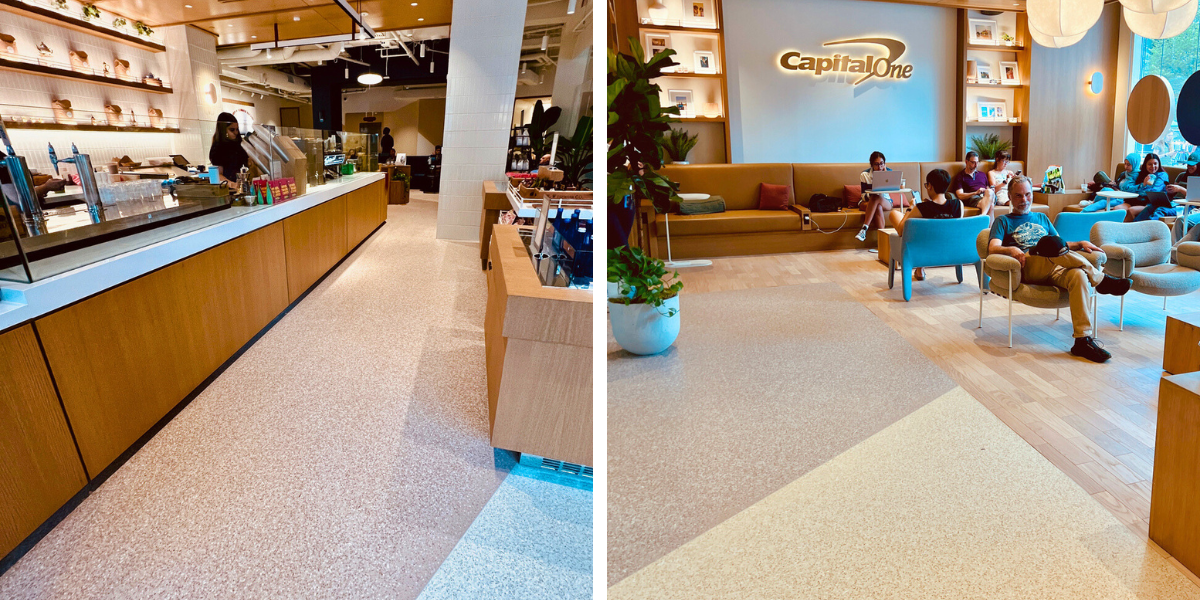
Aesthetic Versatility
Resinous floors come in wide varieties of colors, patterns, and finishes, allowing for more design flexibility compared to terrazzo tile. The appearance of seamless flooring is also uniform and consistent, which is advantageous in modern architectural designs favoring sleek, continuous surfaces.

Chemical, Impact Resistance
Seamless floors can be customized to resist chemicals, making them ideal for industrial settings where spills and chemical exposure are common. These resinous floors can also be formulated to withstand heavy impact -- a durable choice for high-traffic areas and environments that experience significant wear and tear.
***
Seamless floors offer a host of advantages that simply make it a stronger option for most commercial and industrial facilities. Stonhard offers terrazzo-like flooring solutions that combine the aesthetic appeal of terrazzo tile with modern advancements in flooring technology.
Here are some of Stonhard’s terrazzo-inspired flooring systems to consider:
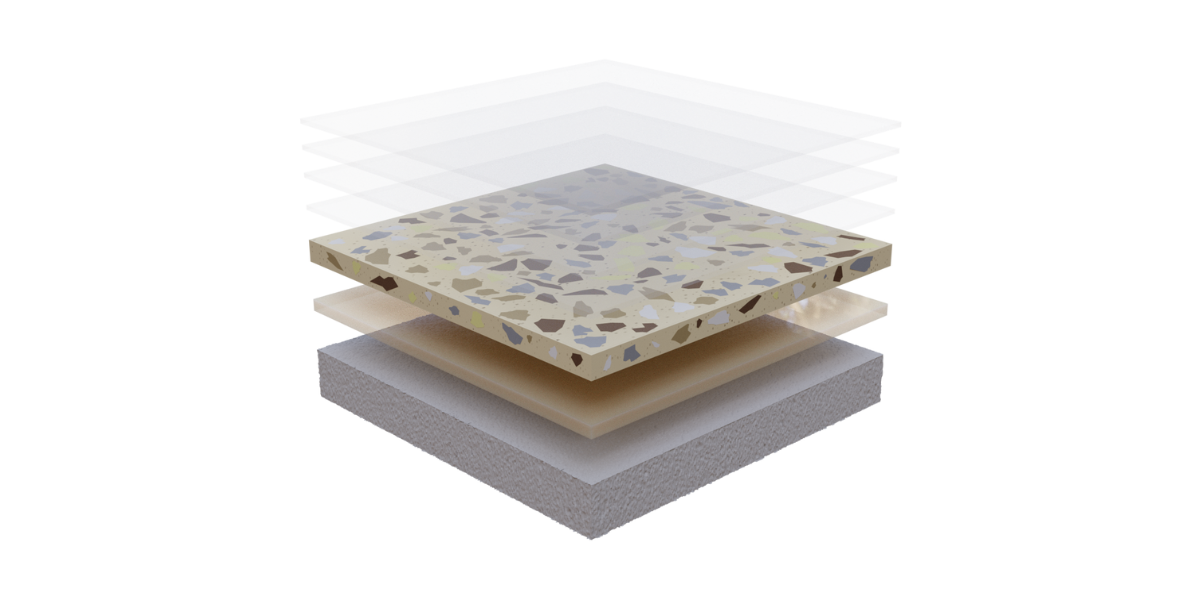
Stonres RTZ - Durable and visually striking, this acoustic flooring excels in operating rooms, healthcare facilities, educational settings, and public spaces. Its flexible design offers both resilience and decorative appeal, making it a top choice for various demanding environments. Learn more.

Stoncrete EFX - Specialized epoxy system featuring distinctive decorative aggregates, designed specifically for use in commercial environments. Learn more.
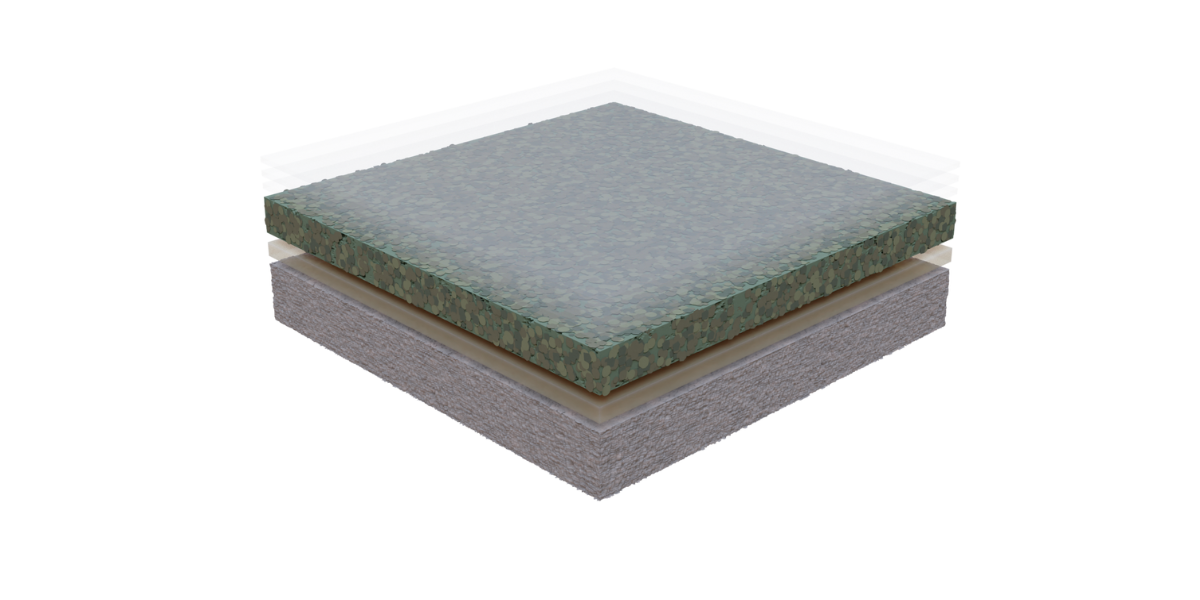
Stonblend GSI - A cost-effective alternative to terrazzo, this decorative epoxy mortar system offers a stylish solution for flooring needs. Learn more.
Related Articles
Loving this Content?
Subscribe to upcoming topics!


